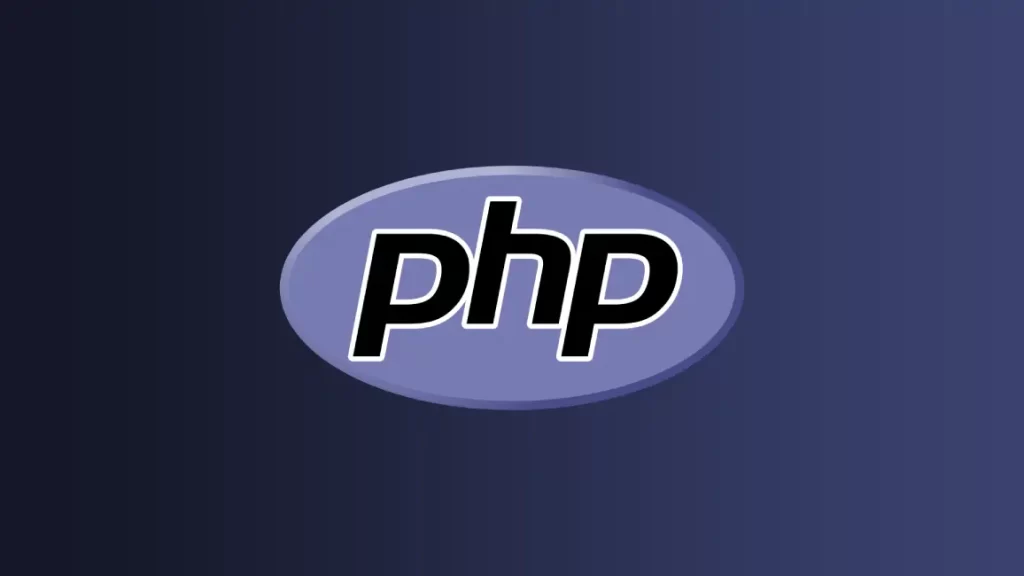
Common types of PHP bugs and their impact on application performance
Syntax errors occur when the code violates the PHP syntax rules. These can include missing or mismatched brackets, semicolons, or quotation marks.
PHP applications can experience various types of bugs, each with its own impact on application performance. Here are some common types of PHP bugs and their potential impact.
Syntax Errors
Syntax errors occur when the code violates the PHP syntax rules. These can include missing or mismatched brackets, semicolons, or quotation marks. Syntax errors prevent the code from executing correctly and typically result in a parse error, causing the application to fail completely or display a blank page. They have a significant impact on application performance as the code cannot proceed beyond the error point.
Logic Errors
Logic errors occur when the code does not produce the expected results due to flawed program logic. These bugs can lead to incorrect calculations, unexpected behavior, or faulty conditions. Logic errors are more challenging to identify and may cause the application to produce incorrect output or behave inconsistently. They can result in poor application performance by causing incorrect data processing, inaccurate calculations, or unexpected program flow.
Null Pointer Exceptions
When PHP code attempts to access a variable or object that is not initialized or set to null, it results in a null pointer exception. These exceptions can cause the application to crash or throw fatal errors, interrupting the program flow. Null pointer exceptions impact application performance by abruptly terminating execution and leaving the system in an inconsistent state.
Infinite Loops
Infinite loops occur when a loop condition is not correctly defined, causing it to never terminate. These bugs result in continuous execution of the loop, consuming excessive system resources and causing the application to become unresponsive. Infinite loops severely degrade application performance, leading to high CPU usage and potential system crashes.
Database Connectivity Issues
PHP applications often interact with databases for storing and retrieving data. Bugs related to database connectivity, such as incorrect connection settings, SQL syntax errors, or failed queries, can impact application performance. These bugs may result in slow query execution, data inconsistency, or even database server overload, leading to slow response times or application failures.
Memory Leaks
Memory leaks occur when a PHP script fails to release memory after it is no longer needed, gradually consuming excessive memory resources. Over time, memory leaks can lead to increased memory usage and degrade application performance. Eventually, the application may experience slowdowns, out-of-memory errors, or crashes.
Performance Bottlenecks
Performance bottlenecks are not bugs in the traditional sense but are areas of the code or architecture that hinder application performance. Common performance bottlenecks in PHP applications include inefficient database queries, excessive file operations, lack of caching mechanisms, or poorly optimized algorithms. These bottlenecks can result in slow response times, high CPU or memory usage, and overall poor application performance.
It is essential for PHP developers to be aware of these common types of bugs and their potential impact on application performance.
By proactively identifying and resolving these issues through thorough debugging and testing, developers can ensure that their PHP applications deliver optimal performance and a seamless user experience.
